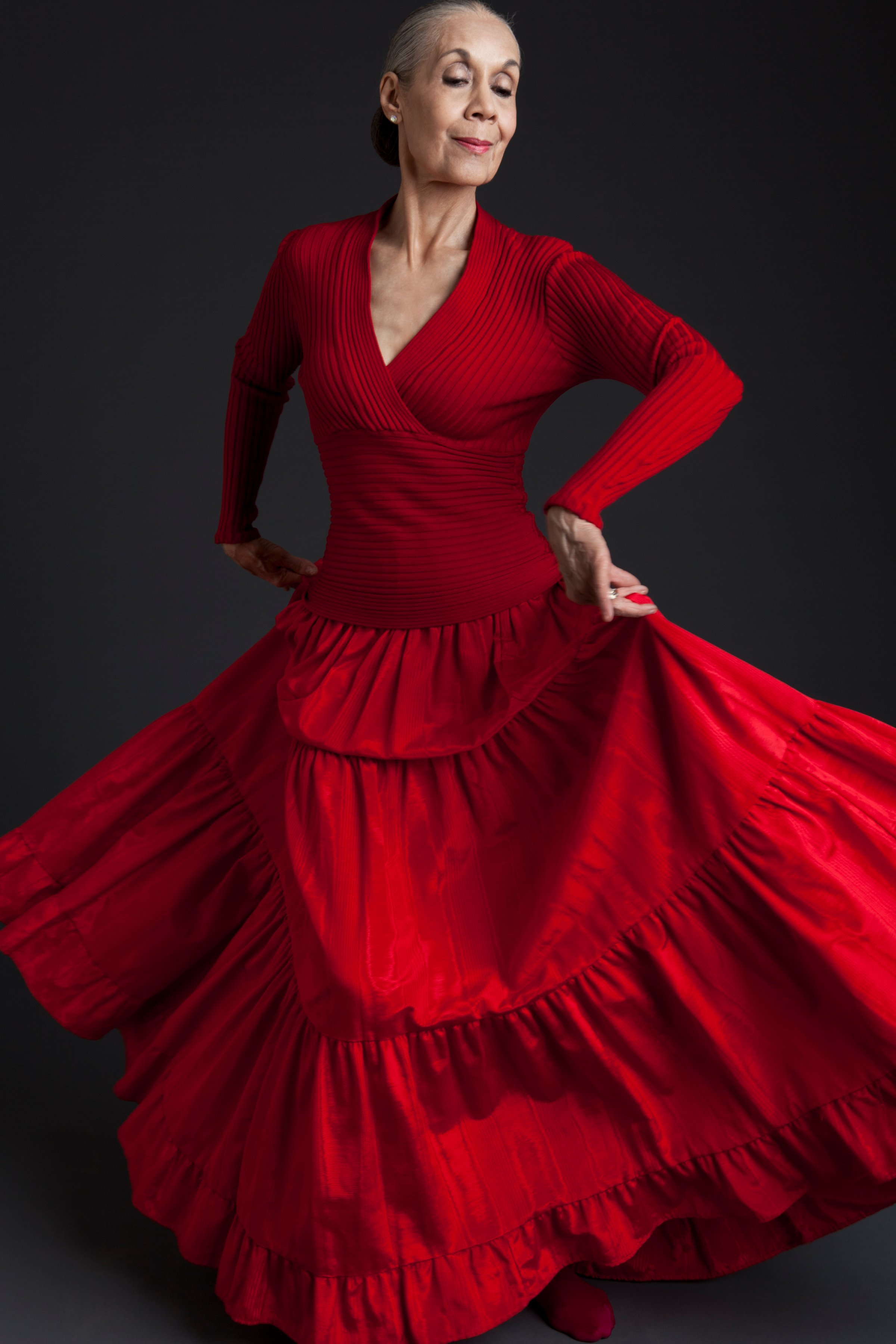
In June, a rare alignment of Venus and Jupiter appeared in the heavens. At the same time, we saw another rare occurrence at the Metropolitan Opera House.
On June 24, Misty Copeland made her New York City debut in Swan Lake with the American Ballet Theatre at the Metropolitan Opera House at Lincoln Center. Almost a week later, she became the first African American woman named principal dancer in the American Ballet Theatre Company.
Sixty-four years earlier, on Nov. 13, 1951, my cousin Janet Collins, made her debut in Aida as the first African American prima ballerina at the Metropolitan Opera House at its old location near Times Square. The grandest and most revered theater in the world saw both dancers make history and struggle to follow their dreams.
History has a sense of justice: The greatest struggle deserves the grandest stage. Janet reached her dream—a premier New York debut. But she was not able to join a ballet company because of the racial attitudes in our country at that time.
At 16, Janet had a wonderful audition of Anitra’s Dance for Leonide Massine of the Ballet Russe de Monte Carlo. He said he would love to hire her, but she would have to put on white makeup and dance in “whiteface.” Janet, to her credit, declined, but it broke her heart.
I was about 5 years old when Janet was going through these kinds of experiences, paving the way for me, Misty, and dancers yet to be born who will no doubt take the same journey of travails, building patience, strength, and endurance.
When you are born into a different culture with an ability for greatness and then are forced to learn another culture’s ways but are not allowed to participate, it’s like being taken to an ice cream shop to look at the goodies but not being allowed to taste them. We all can appreciate a good story, a good dance, good music, good art, a good design, or good ice cream, whether it is part of your culture or not.
By the time I arrived at the Met for my debut in Aida five years after Janet, she had broken down most of the barriers, so the path was easier for me. My challenges would come later facing racism on primetime television, when as a black woman I was not allowed to dance with a white man, Glen Tetley, on the “Ed Sullivan Show.” The choreographer, John Butler, was furious. A last minute replacement by Claude Thompson allowed the show to go on — patience, strength, and endurance.
If Janet were here today, she would be presenting Misty with a big bouquet of starlight to guide her to her next triumph, just as she gave me her bouquet of words, love and encouragement as I humbly filled her shoes.
And so, it passes on and on. Hopefully, it will not take another 64 years for such stars to align.
Carmen de Lavallade has had an unparalleled career in dance, theater, film and television beginning in her hometown of Los Angeles performing with the Lester Horton Dance Theater. She is currently touring in the production “As I Remember It,” her one woman show looking back on her remarkable life in the arts.
More Must-Reads from TIME
- Cybersecurity Experts Are Sounding the Alarm on DOGE
- Meet the 2025 Women of the Year
- The Harsh Truth About Disability Inclusion
- Why Do More Young Adults Have Cancer?
- Colman Domingo Leads With Radical Love
- How to Get Better at Doing Things Alone
- Michelle Zauner Stares Down the Darkness
Contact us at letters@time.com